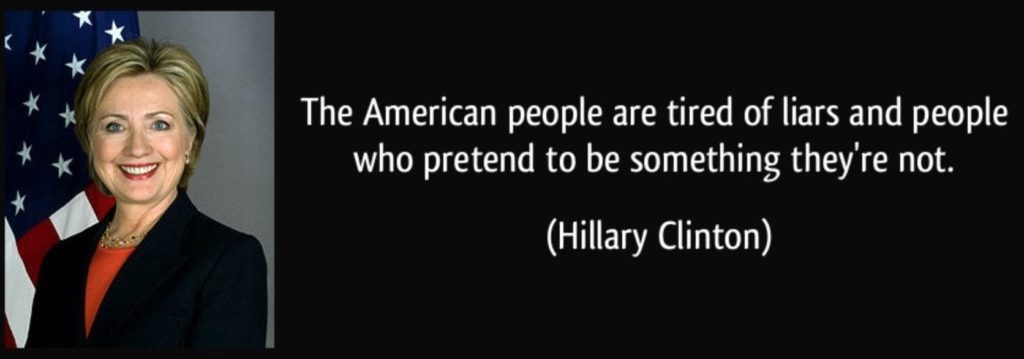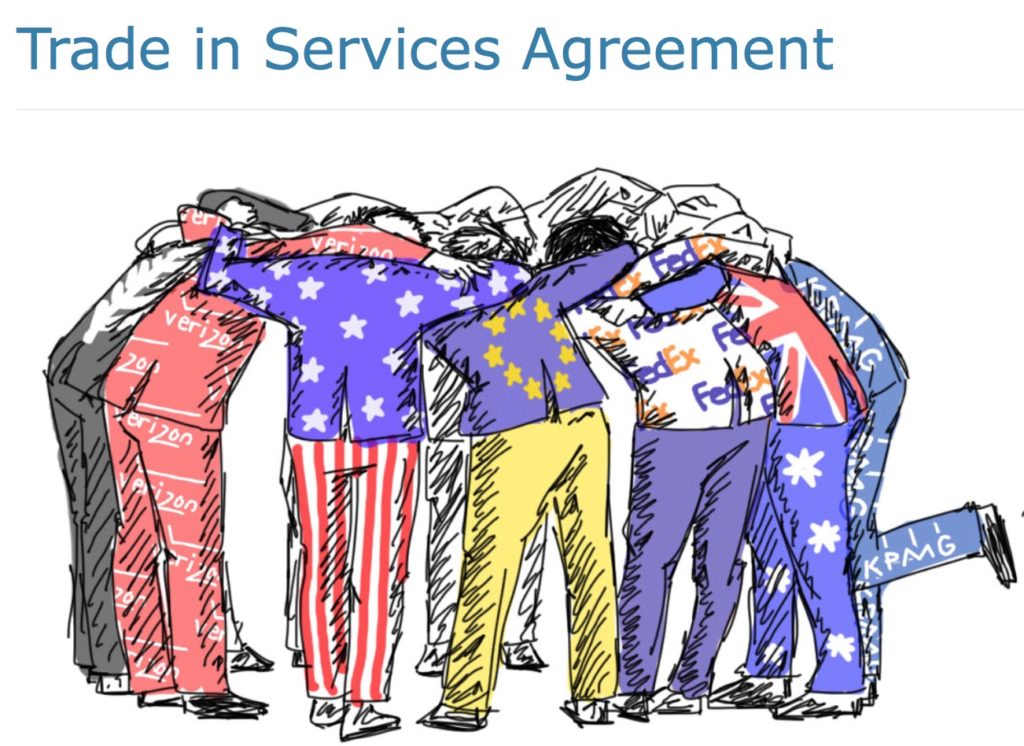
“I’ve known Hillary Clinton for 25 years and I have a lot of respect for her,” Sanders said, but emphasized the differences between the two presidential hopefuls on several issues, including the Trans-Pacific Partnership.
“I frankly don’t understand how you could be a major candidate for president of the United States — Hillary Clinton, or anybody else — and not have an opinion on that issue,” he said.
From the Politico article: Bernie Sanders Accuses Hillary Clinton of ‘Cop-out’ on Trade
And with Singapore and a growing list of other countries on both sides of the Pacific, we are making progress toward finalizing a far-reaching new trade agreement called the Trans-Pacific Partnership. The so-called TPP will lower barriers, raise standards, and drive long-term growth across the region. It will cover 40 percent of the world’s total trade and establish strong protections for workers and the environment. Better jobs with higher wages and safer working conditions, including for women, migrant workers and others too often in the past excluded from the formal economy will help build Asia’s middle class and rebalance the global economy. Canada and Mexico have already joined the original TPP partners. We continue to consult with Japan. And we are offering to assist with capacity building, so that every country in ASEAN can eventually join. We welcome the interest of any nation willing to meet 21st century standards as embodied in the TPP, including China.
– Hillary Clinton, November 2012
One of the most memorable political missteps of my generation came on March 16, 2004 when John Kerry stated in reference to supporting the Iraq War:
I actually did vote for the $87 billion before I voted against it.
It’s hard to look stupid when running against George W. Bush, but that did the trick. He was branded a flip-flopper and the rest is history.
Naturally, Hillary Clinton will be well aware of that gaffe, and her campaign team sharply focused on not letting it happen to her. The biggest issue on the national stage at the moment on which she could be labeled a “flip-flopper,” is undoubtably the Trans Pacific Partnership, or TPP.
Donate bitcoins: 35DBUbbAQHTqbDaAc5mAaN6BqwA2AxuE7G
Follow me on Twitter.



